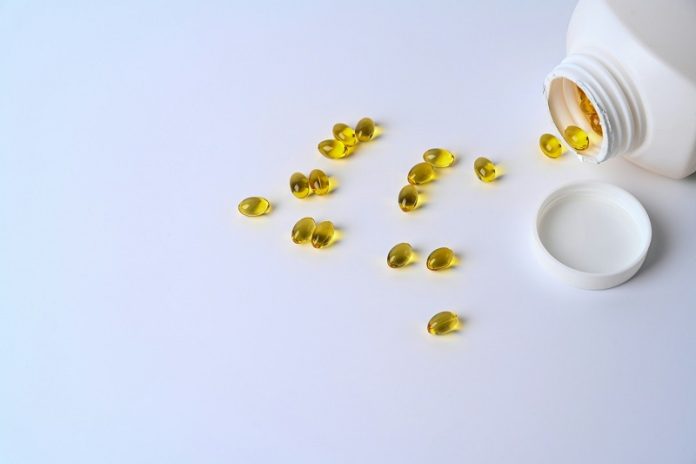
As COVID-19 continues to circulate in new waves, researchers are looking beyond vaccines to find other ways to protect people—especially those at higher risk.
A new study led by scientists from the University of South Australia, in partnership with King’s College London and Guy’s and St Thomas’ NHS Foundation, suggests that vitamin D might play a role in how sick you get if you catch the virus.
Published in the journal PLOS One, the study looked at more than 151,000 people from the UK Biobank to find out if vitamin D levels were linked to COVID-19 risk.
They discovered that people with low vitamin D were more likely to be hospitalized with COVID-19.
However, low vitamin D levels were not linked to a higher chance of catching the virus in the first place.
Vitamin D is important for a healthy immune system, so it makes sense that low levels could affect how the body responds to infections like COVID-19.
In this study, people with vitamin D deficiency (below 25 nmol/L) or insufficiency (25–49 nmol/L) had a higher chance of ending up in hospital compared to those with healthy levels (50+ nmol/L).
Dr. Kerri Beckmann, an epidemiologist at the University of South Australia, said the results might help identify people who are more vulnerable to severe illness. In Australia, nearly one in four adults—about 4 million people—have low levels of vitamin D, and around the world, about 1 billion people are thought to be deficient.
The study also looked at whether the relationship between vitamin D and COVID-19 was different for certain groups.
People of Asian or African/Afro-Caribbean backgrounds were slightly more likely to catch COVID-19 if their vitamin D was low. However, when it came to the risk of becoming seriously ill, the strongest link was found in people of Caucasian backgrounds.
The researchers didn’t find a clear link between vitamin D and COVID-19 outcomes among people who had been previously diagnosed with cancer, though this may be due to smaller sample sizes in that group.
While this research doesn’t prove that vitamin D supplements can prevent severe illness, it does highlight the potential importance of maintaining healthy levels, especially for people already at risk.
Dr. Beckmann noted that although COVID-19 is no longer as dangerous as it once was, it still affects people’s lives, and learning more about who is at greater risk can help guide future health advice.



